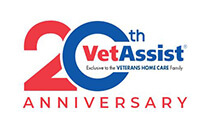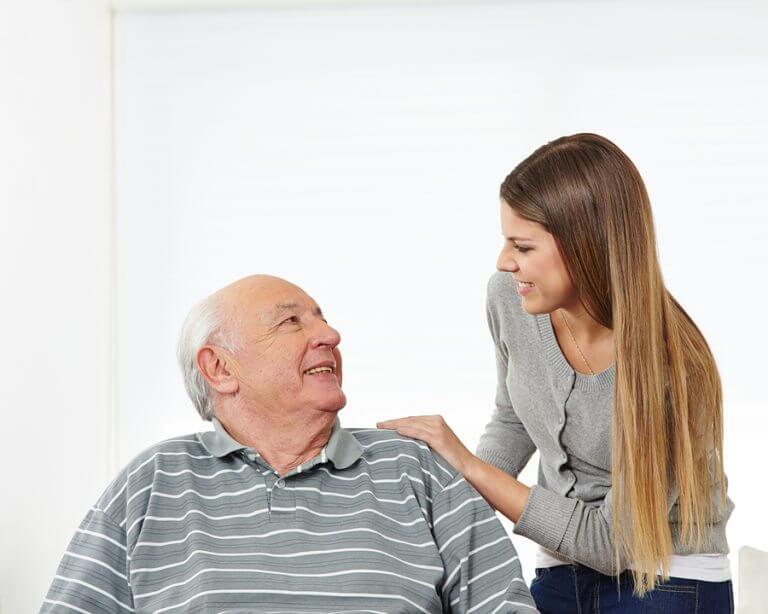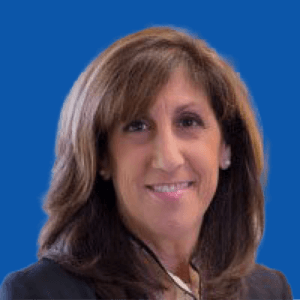Aging Veterans Care – Don’t Pay for Assistance in Applying for the Aid and Attendance Benefit
(This original post was updated 4.5.2019)
For a person who requires some type of veterans home care, there are a number of programs that are available through the Department of Veterans Affairs (VA) that can help pay for it. One of these programs is called the Pension with Aid and Attendance.
Applying for the Aid and Attendance pension program can seem like a complicated matter. Beginning in October 2018, the VA began implementing new rules that impact many benefits including what is known as “Aid and Attendance.”
The new VA rules for Aid and Attendance include:
- A Maximum Net Worth Limit: The limit is currently set at $127,061. Net worth is defined as annual income and assets, however a primary vehicle and residence are not included. Ongoing, non-reimbursed medical expenses (such as the cost of home care, incontinences supplies or care at an assisted living facility) can reduce the countable income to help applicants qualify. This net worth limit will no longer fluctuate with age or life expectancy. The amount will also change each year with a cost of living adjustment (COLA).
- Three-Year Look Back Period: The VA will look back 36 months from the date of application for any asset transfers to evaluate net worth. The applicant may be disqualified if there are asset transfers for less than fair market value. In other words, the VA doesn’t allow veterans or their dependents to dispose of an asset for less than it is worth in order to qualify for VA benefits.
- New Rules for Financial Instruments Such as Annuities: Financial instruments such as some annuities and some trusts will be viewed differently. Overall, any financial product that reduces net worth and would not be in the applicant’s best interest other than to qualify for the pension may be considered an asset transfer of less than fair market value.
Because the program appears to be more complicated, veterans and their families may want to seek help. There are companies, firms, organizations, and individuals that are promising to help veterans apply for these pension programs. Stay away from anyone who asks for money upfront.
It’s possible to find help for free and without obligation. For example, you can find a veteran service advocate called a veteran service officer here: https://nvf.org/veteran-service-officers/
As a veteran, you may also get taken advantage of by somebody who is promising guaranteed results on something that cannot possibly be guaranteed.
Veterans and surviving spouses who choose to use their VA Aid and Attendance benefit primarily for in-home care and companionship may want to contact Veterans Home Care. Veterans Home Care never charges for help in applying for Aid and Attendance.
Veterans Home Care is a family-owned, private company, not a government agency. It can offer veterans and their surviving spouses services that government agencies and not-for-profits don’t. Through Veteran Home Care’s VetAssist Program, veterans and surviving spouses can receive care before the VA reviews and approves the Pension application and funds arrive.
Veterans Home Care is an award-winning company honored by the Better Business Bureau and the Department of Defenses’s ESGR Program.
For more information about the VetAssist Program, without any fee or obligation, contact Veteran’s Home Care at (888) 314-6075












